Geotechnical Investigations
COS GEO-TECH Engineering Division in Civil Engineering Projects, Geo-Technical Investigations & Surveying. The value of our services in derived from our commitment to producing consistently high-quality work within the constraints of the client’s schedule & Budget.
Our capabilities include:
- Feasibility Studies / PPTA
- Survey & Soil Investigations
- Soil Investigation for all types of Bridges
- Soil Investigation for Elevated Service Reservoirs
- Soil Investigation for Multistoried Buildings, Commercial Buildings, Textile Buildings, Cement Factories etc.
- Soil Investigation for Silo Project
Geophysical Surveys
Geophysical survey is a cost-effective, non-intrusive and relatively quick way of detecting and assessing sub-surface features. GEOtech has developed in-house capabilities in geophysics to effectively complement conventional geotechnics for determination of dynamic soil properties, detecting utilities and voids, site characterization, landslide evaluation, etc.
- Seismic Refraction
- Electrical resistivity Test
Laboratory Testing
COS GEO-TECH Engineering Division has been approved by Government of India and registered under CIDC (Construction Industry Development Council) approved date on 02-04-2016, New Delhi-a body of planning commission, Government of India based on its credentials. It is also empanelled under the Ministry of Road Transport and Highways (MORTH) approved date on 23-12-2013.
The Laboratory is also accredited under NABL- National Accreditation Board for Testing and Calibration Laboratories (A Constituent board of Quality Council of India).
Field Testing
- Drilling
- Standard Penetration Test
- Determination of Field Density & Dry Unit Weight by Core Cutter Tests
Soil

- Hydrometer Analysis
- Sieve Analysis
- Atterburg’s Limit
- Specific Gravity
- Light Compaction (Proctor)
- Heavy Compaction (Modified)
- Free Swell Index
- Triaxial Shear Test (UU Test)
- Remolded CBR (Unsoak) Remolded CBR (Soak)
- Relative Density
- Swell Pressure
- Box Shear
- Shrinkage Limit
- Unconfined Compression Test
- Permeability
- Natural Moisture Content
Rock
- Unconfined Compressive Strength
- Point Load index
- Density, Water Abs., Porosity & Specific Gravity

Coarse Aggregate
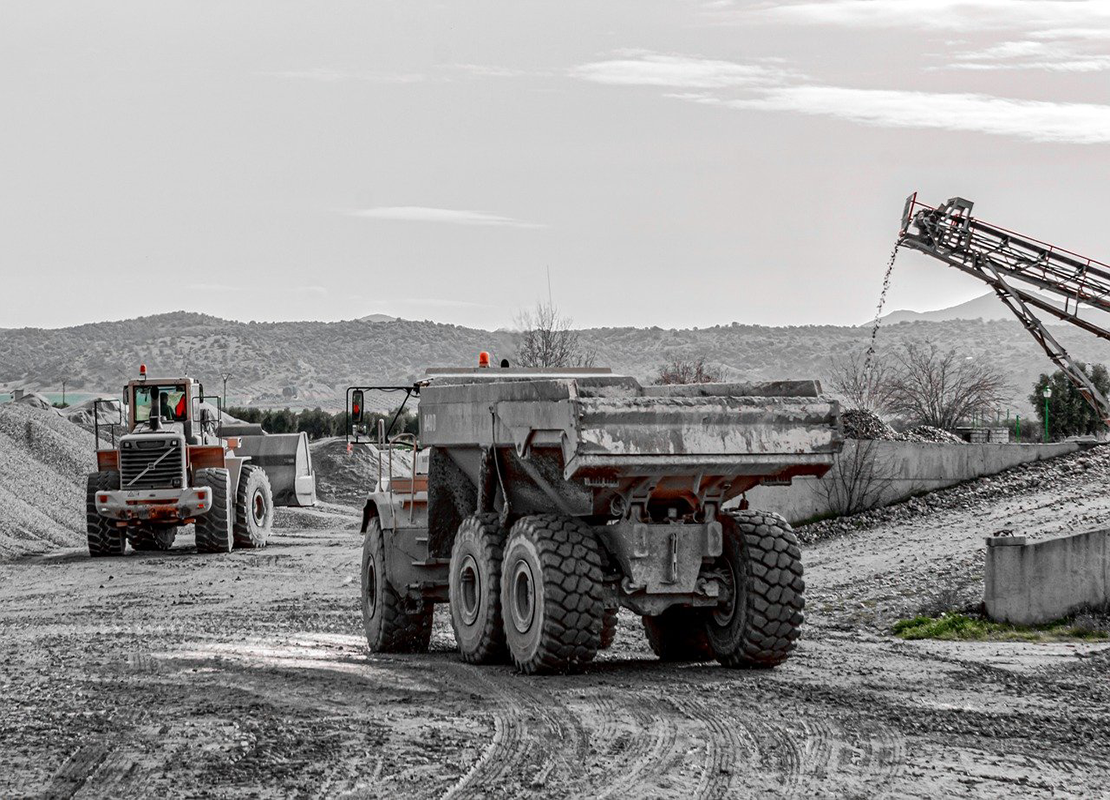
- Grading/Mechanical Analysis
- Impact Test
- Specific Gravity & W.A.
- Water Absortion
- Flakiness Index
- Elongation Index
- Bulk Density
- Combined Flakiness & Elongation Index
Fine Aggregate
- Bulk Density
- Specific Gravity & W. A.
- Gradation Fineness Modulus
- Relative Density
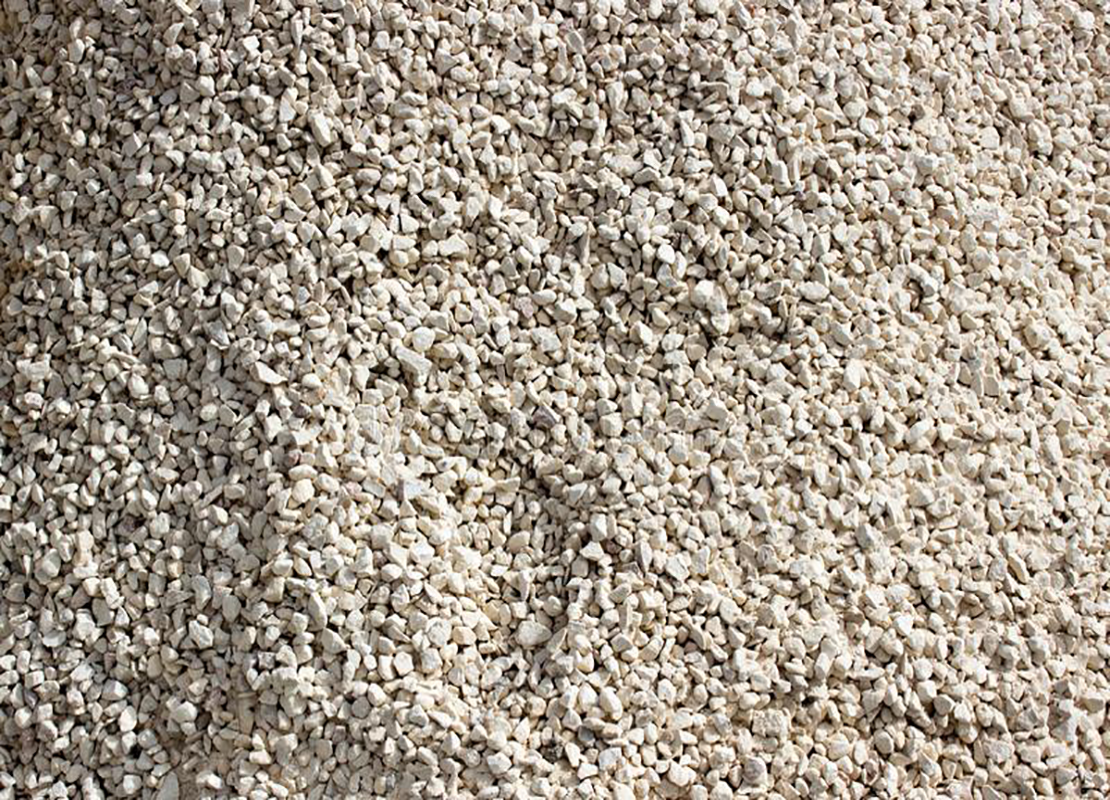
Concrete
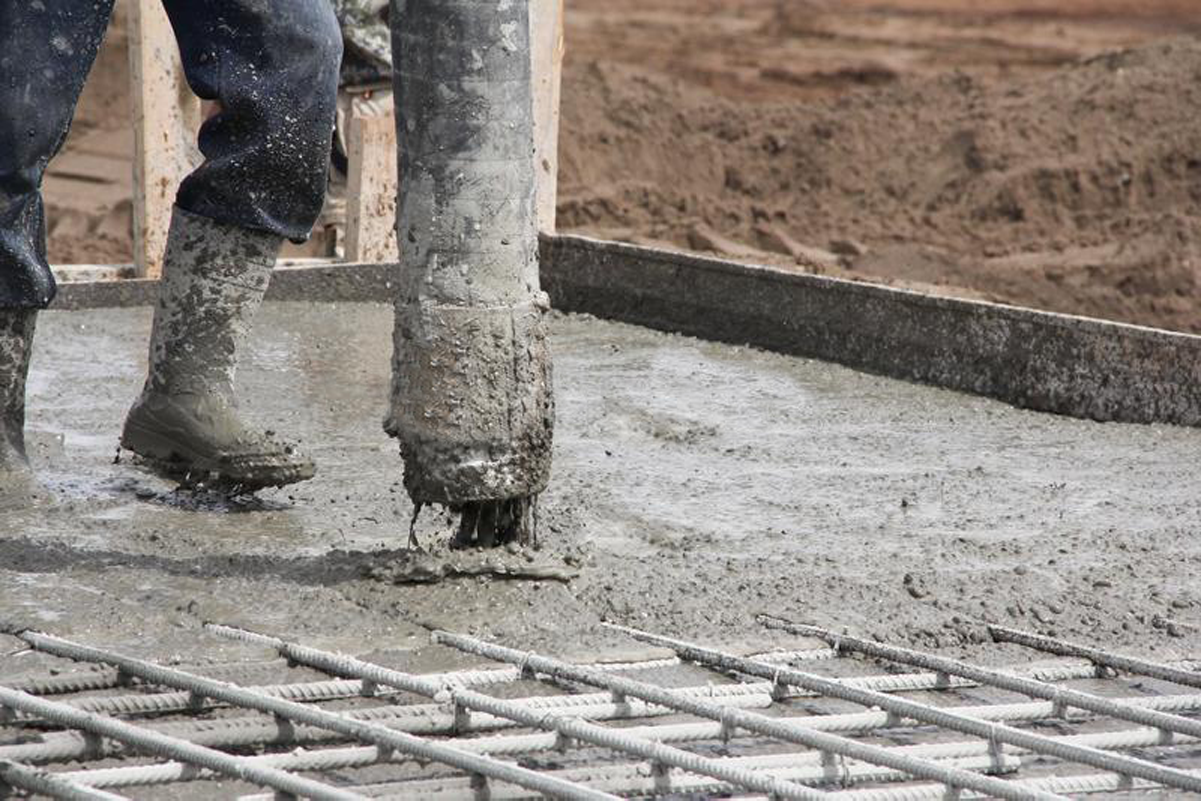
- Compressive Strength of C C Cubes
Bricks
- Compressive Strength
- Water Absorption
- Dimension & Tolerance
- Efflorescence Test
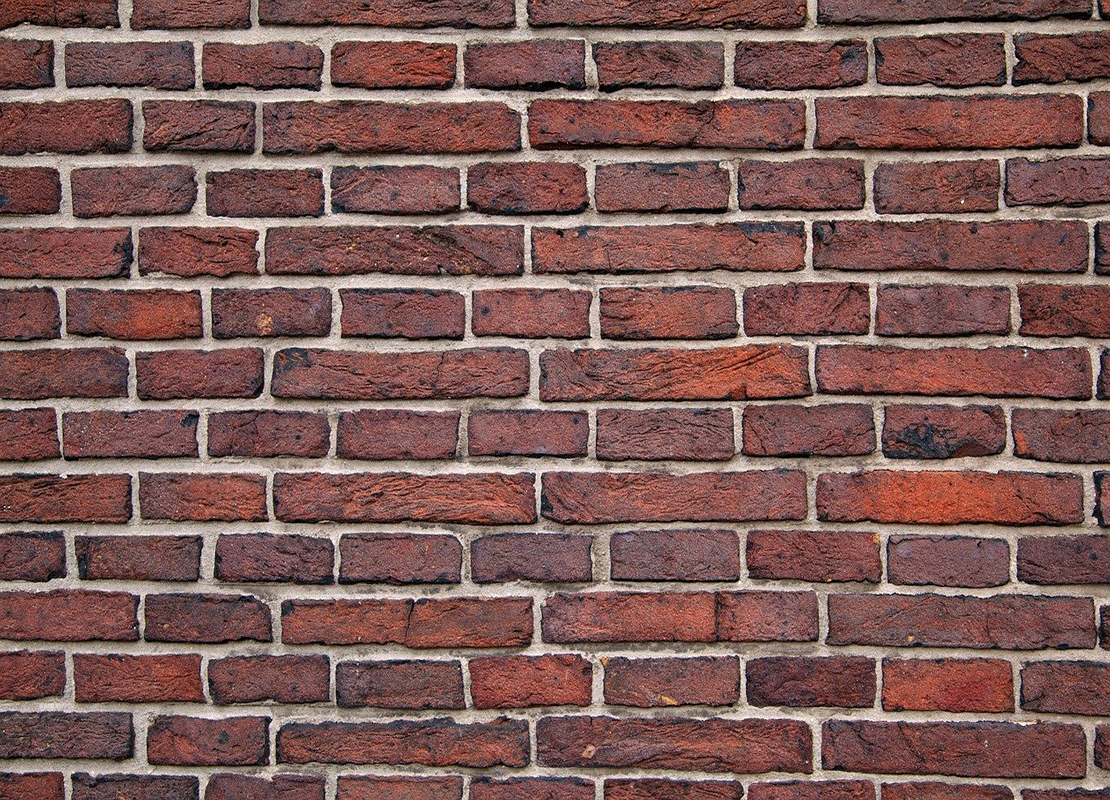
Concrete Blocks
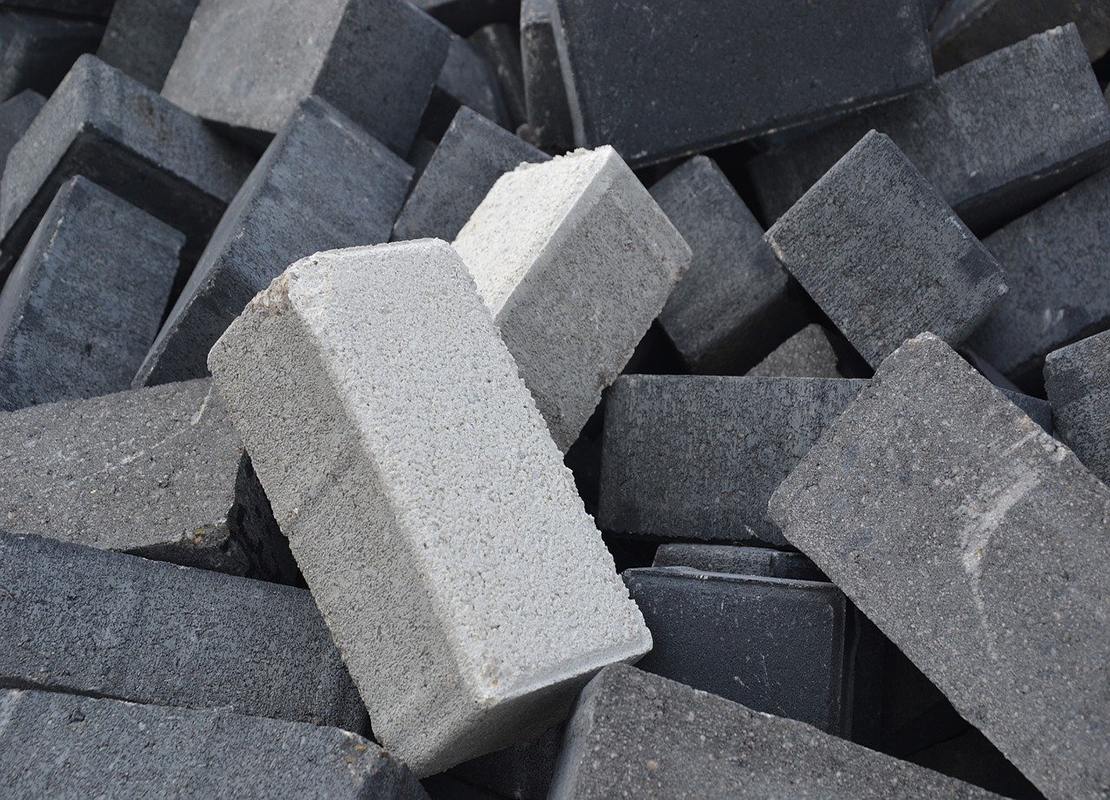
- Measurement of Dimensions
- Compressive Strength
- Water Absorption
Paver Blocks
- Moisture Content
- Compressive Strength

Transportation
The structural condition and functionality of bridges are a significant part of the transportation network. Every project needs to be technically and aesthetically correct, durable, economical, and the most sustainable solution for a given location.
Engineering design for a transportation project is done prior to the commencement of the construction phase and involves the planning and design of the entire project. Upon acceptance of the project together with the client, a decision is made as to the scope and details of the project with the adoption of a zero-based management approach towards the entire design. The zero-based management approach ensures that the design is formulated from scratch to produce designs that are best suited to the clients requirements.
General description of each process is detailed as follow:
Project Identification and Assessment of Needs
During the pre-design phase, the assigned design team will work closely with the client to identify the details of the project which includes the identification of the purpose and location of the site. The design team will also analyze the viability of the project by performing market surveys, preliminary financial modelling, financial feasibility study and risk assessment and management.
Location Study, Land and Geotechnical Survey
The team will then carry out survey on the project site to collect data. This includes the study of the site topography, geotechnical and traffic study. Utilities mapping and infrastructure conditions surveys will be carried out. This will allow for the preparation of the term of reference.







